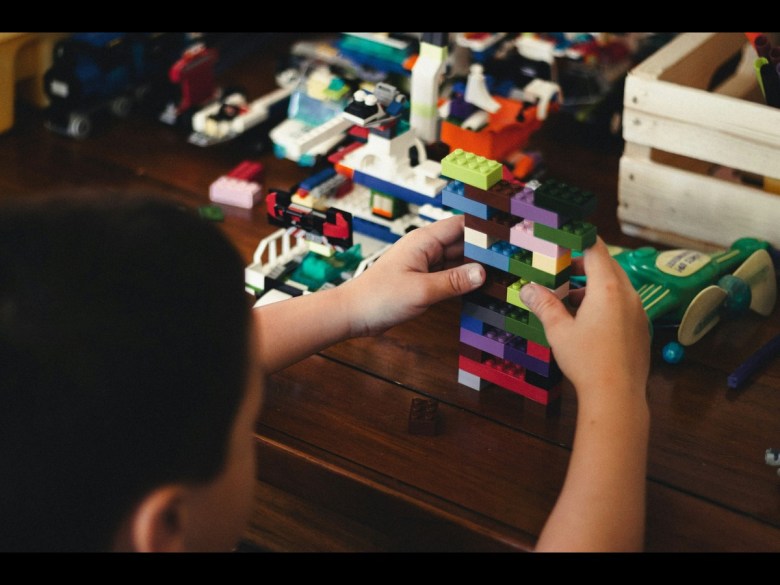In the second half of a two-part story, Link speaks with the South Australian Assistant Minister for Autism, Emily Bourke, about what the state government is doing for people with autism.
South Australian Assistant Minister for Autism, Emily Bourke, has hit the ground running. Her portfolio is responsible for delivering change for South Australians with autism – including by providing opportunities, enhancing community understanding of the neurotype, and implementing a statewide Autism Charter.
South Australia isn’t the only jurisdiction currently embarking on this journey. The Federal government is currently finalising a National Autism Strategy. The draft National Autism Strategy was released for public feedback earlier this year and the final is expected to be considered by the government by the end of this year.
Bourke said the state’s charter and the national strategy complement each other.
“When you’re reading through the consultation paper for the National Strategy, we’ve seen South Australia mentioned a few times throughout that document. And [the documents] will be complementary because at the end of the day, they’ve gone about having feedback from the community, and that’s a really important part of both,” she said.
There are other similarities too, she added; both documents identified autism assessments as being an area that needs greater support, and South Australia is currently working through a process of making the assessment process more accessible.
Approaching the NDIS
As the Federal Government embarks on its long-planned NDIS reforms, Bourke said she’s “glad” that the focus has been on “getting it right”. She also welcomed the opportunity for the states and territories to now work with the Commonwealth on the improvements.
She recognised the “significant role” the NDIS plays for the autistic community but added that the state hadn’t wasted any time while discussions were occurring at a Federal level, instead “getting on… with rolling out a raft of policies”.
This includes the Autism Works campaign and autism inclusion teachers in schools and making major events more accessible for everyone.
As discussion continues around the form of foundational supports, Bourke said South Australia would be ready to play its part in rolling out any needed changes.
“At the moment, we’re just focusing on what we can do as a state government in South Australia, and that is listening to our community and putting the policies into place that they’ve been calling for a long time and working with the community to make that happen. So that’s our focus at the moment. And I think that is working really well,” Bourke said.
“We’re trying as a government to just get on and start making a more inclusive community and getting those policies into action, and then we can also now work with the Commonwealth to see where the NDIS is going next.”
Sharing the knowledge
She said other states have reached out to South Australia to learn from what the government there is doing.
“We’re really encouraged by [this]; we’re happy to try and lead in this space, but also share the knowledge with other states as well,” Bourke said.
“At the end of the day, everyone has a shared interest in what we do next and how we can support the autistic community because it is our largest disability community, not only in South Australia but in our country. When we can lift our largest disability group, we lift everyone. Everyone will benefit when we make a more inclusive environment for our autistic community.”

